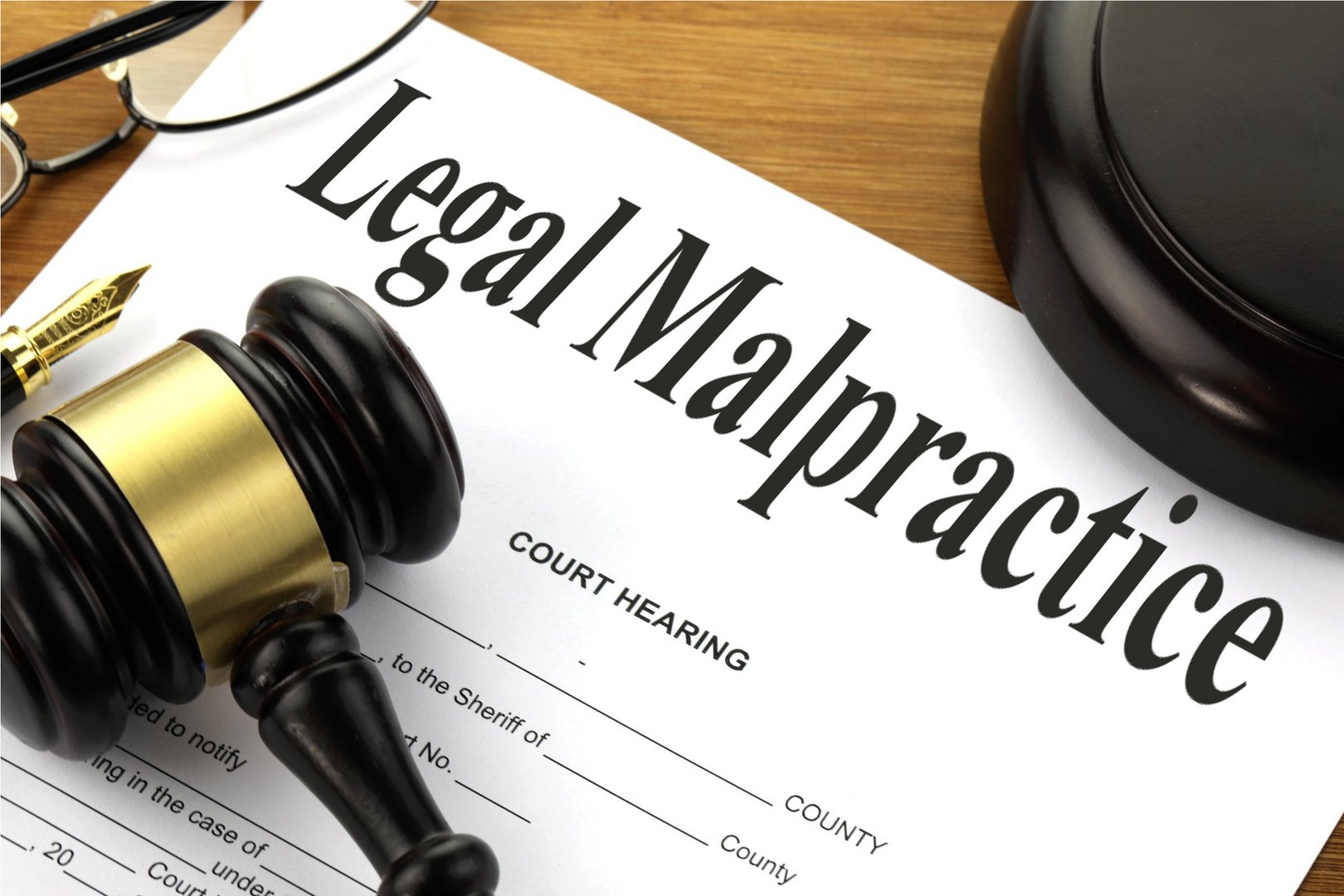Healthcare professionals face many legal issues. Allied Preferred offers a no-settlement approach to healthcare legal defense. This strategy can be very helpful for doctors and other medical workers. Here are the top 10 benefits of this approach.
| Key Takeaways |
|---|
|
• Protects professional reputation • Deters frivolous lawsuits • Reduces long-term insurance costs • Improves quality of patient care • Upholds ethical standards in healthcare • Contributes to favorable legal precedents • Provides long-term financial benefits • Boosts healthcare worker confidence • Enhances operational practices • Builds patient trust and confidence |
1. Protecting Your Good Name
Keeping a clean record is super important in healthcare. When you settle a case, it can look like you did something wrong, even if you didn’t. By not settling, you stand up for yourself and keep your reputation strong. This can help you in the future when you’re looking for new jobs or trying to keep your current one.
Think about a doctor who’s been working for 20 years without any problems. If they settle a case, it might make people wonder if they can trust them. But if they fight the case and win, it shows they’re confident in their skills and didn’t do anything wrong.
Maintaining a spotless professional record is crucial for career longevity and advancement in the healthcare field. A no-settlement approach demonstrates confidence in one’s abilities and practices, which can be particularly beneficial when seeking leadership positions or expanding one’s practice.
2. Stopping Fake Lawsuits
When healthcare providers always fight cases instead of settling, it sends a message. People who might try to sue for no good reason will think twice. They’ll know it won’t be easy to get money from false claims. This helps keep the healthcare system fair for everyone.
For example, if word gets out that a hospital never settles, fewer people might try to sue them just to get money. This lets the hospital focus on helping patients instead of dealing with fake lawsuits.
Allied Preferred offers strong legal defense services to help healthcare providers stand firm against unfair claims.
By consistently challenging unfounded claims, healthcare providers create a deterrent effect. This can significantly reduce the number of frivolous lawsuits filed, allowing medical professionals to dedicate more time and resources to patient care rather than legal defense. It also helps maintain the integrity of the legal system by ensuring that only legitimate claims are pursued.
3. Keeping Insurance Costs Down
Every time a doctor or hospital settles a case, their insurance company has to pay. This can make insurance companies raise their prices. But if healthcare providers fight cases and win, they might not have to pay as much for insurance in the long run.
Imagine a group of doctors who always settle cases. Their insurance costs might go up every year. But another group that fights cases might see their insurance costs stay the same or even go down over time.
The financial impact of consistently fighting and winning cases extends beyond individual practitioners. It can lead to more stable or even reduced malpractice insurance premiums across the healthcare industry. This, in turn, can help control overall healthcare costs, potentially making medical services more affordable for patients.
4. Keeping Patient Care Great
When doctors are always worried about getting sued, they might do extra tests or be too careful. This is called defensive medicine. It can make healthcare more expensive and sometimes isn’t best for patients. By standing up against unfair lawsuits, doctors can focus on giving the best care without fear.
For instance, a doctor who isn’t afraid of lawsuits might feel more comfortable trying new treatments that could really help their patients. They can practice medicine the way they were trained, without always looking over their shoulder.
Learn more about how Allied Preferred supports various medical practitioners.
A no-settlement approach can lead to more innovative and efficient healthcare practices. When medical professionals are not constrained by the fear of litigation, they are more likely to adopt new technologies and treatment methods that can improve patient outcomes. This fosters an environment of continuous improvement and advancement in medical care.
5. Doing What’s Right
Healthcare workers take an oath to help people. Fighting unfair lawsuits is part of keeping that promise. It shows that they believe in what they do and won’t give in just because it’s easier.
Think of a nurse who’s accused of making a mistake they know they didn’t make. By not settling, they’re standing up for their beliefs and the trust patients put in them.
This ethical stance reinforces the integrity of the healthcare profession as a whole. It demonstrates to the public that medical professionals are committed to upholding high standards of care and are willing to defend their actions when they believe they have acted appropriately. This can enhance public trust in the healthcare system.
6. Making the Law Better for Everyone
When healthcare providers win cases in court, it helps set good examples for future cases. This can make the law clearer and fairer for everyone in healthcare. It’s like creating a guidebook that helps judges and lawyers make better decisions in the future.
For example, if a chiropractor wins a case about a specific treatment, it might help other chiropractors if they face similar lawsuits. It creates a kind of protection for good medical practices.
Check out our blog for more insights on healthcare legal matters.
By establishing legal precedents, healthcare providers contribute to the development of more balanced and fair medical malpractice laws. This can lead to a legal environment that better understands the complexities of medical practice, potentially reducing the number of baseless lawsuits and creating a more just system for both healthcare providers and patients.
7. Saving Money in the Long Run
Fighting a lawsuit can cost a lot of money at first. But if healthcare providers keep winning cases, it can save them money over time. People might stop trying to sue them as much, which means less money spent on legal stuff overall.
Imagine a hospital that spends a lot of money winning a big case. It might seem expensive, but if it stops 10 other people from suing, it actually saves money in the end.
The long-term financial benefits of a no-settlement approach extend beyond just legal costs. By reducing the frequency of lawsuits, healthcare providers can allocate more resources to improving patient care, investing in new technologies, and enhancing their facilities. This can lead to better health outcomes and increased patient satisfaction, which in turn can boost the provider’s reputation and financial stability.
8. Making Healthcare Workers Feel Strong
When doctors, nurses, and other healthcare workers know they have strong legal support, they feel better about their jobs. They don’t have to worry as much about getting sued. This can help them enjoy their work more and want to keep doing it for a long time.
Think about a young doctor who’s nervous about making decisions. Knowing they have good legal protection can help them feel more confident and do their job better.
Explore our insurance options designed to empower healthcare professionals.
This increased confidence can lead to better job satisfaction and retention rates among healthcare professionals. When medical workers feel supported and protected, they are more likely to stay in their roles longer, leading to more experienced teams and better continuity of care for patients. It can also attract new talent to the field, knowing that they will be working in a supportive environment.
9. Improving How Hospitals and Clinics Work
When healthcare providers fight lawsuits, they learn a lot about what can go wrong. This helps them make better rules and ways of doing things. It’s like learning from mistakes without actually making them.
For example, if a hospital wins a case about how they keep records, they might use what they learned to make their record-keeping even better. This can help prevent problems in the future.
The process of defending against lawsuits often involves a thorough review of policies and procedures. This can lead to the identification of areas for improvement in patient care, safety protocols, and administrative processes. By implementing these improvements, healthcare providers can reduce the risk of future incidents and enhance the overall quality of care they provide.
10. Building Trust with Patients
When healthcare providers fight unfair claims, it shows patients they can be trusted. It proves that they believe in their work and aren’t trying to hide anything. This can make patients feel more comfortable and confident in their healthcare.
Imagine a clinic that’s known for never settling cases. Patients might feel like they can really trust the doctors there because they know the clinic stands behind its work.
Learn about our general malpractice insurance options.
Trust is a fundamental component of the patient-provider relationship. When healthcare providers consistently defend their practices, it demonstrates transparency and accountability. This can lead to improved patient communication, greater adherence to treatment plans, and better health outcomes. Patients who trust their healthcare providers are also more likely to seek preventive care and follow medical advice, contributing to overall public health.
Conclusion
A no-settlement approach in healthcare legal defense has many benefits. It protects reputations, saves money, improves patient care, and builds trust. While it might seem tough at first, it can really pay off in the long run.
If you’re a healthcare professional looking for strong legal protection, consider a no-settlement strategy. It could be the best way to protect yourself and your patients.
By adopting a no-settlement approach, healthcare providers not only protect themselves but also contribute to the advancement of the entire healthcare system. This strategy fosters an environment of continuous improvement, ethical practice, and patient-centered care. While it requires commitment and resources, the long-term benefits for individual practitioners, healthcare institutions, and the broader medical community are substantial.
More Resources
Want to learn more about protecting yourself legally? Check out these helpful links:
Settlement vs No-Settlement Approach Comparison
Settlement Approach
No-Settlement Approach









